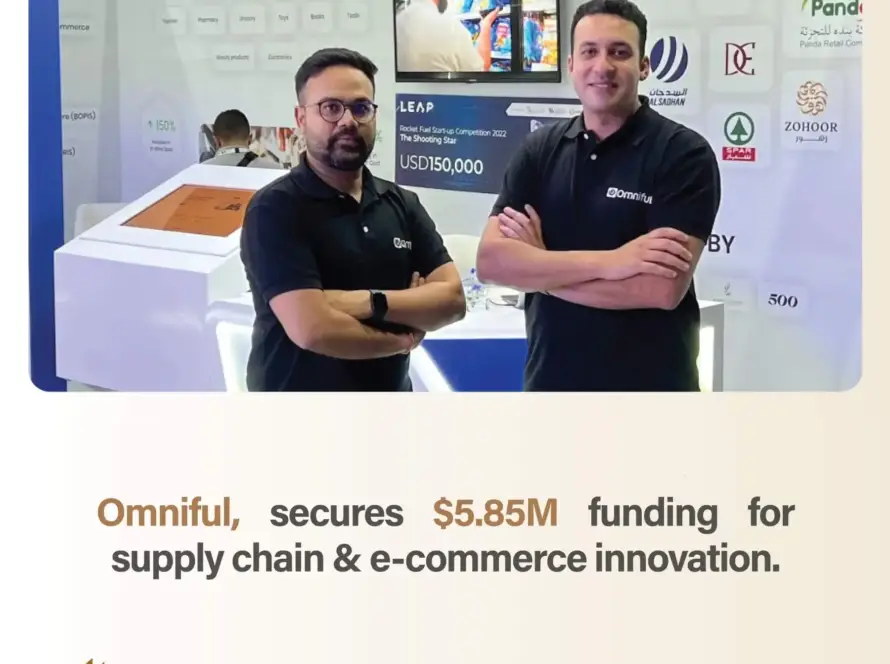Every day, thousands of startups look for investments, but not all of them receive investments, especially from VCs. Mentioned below are the main reasons why VCs don’t invest in some startups:
1. 𝐈𝐭’𝐬 𝐓𝐨𝐨 𝐄𝐚𝐫𝐥𝐲: Investment risk decreases more than valuation increases once a company makes its first sale. Reaching the “in-revenue” stage is the most critical milestone for attracting investors, and receiving funding with just an idea is usually reserved for a founder with a proven track record.
2. 𝐍𝐨 𝐍𝐢𝐜𝐡𝐞 𝐔𝐧𝐝𝐞𝐫𝐬𝐭𝐚𝐧𝐝𝐢𝐧𝐠: A startup’s utmost priority is its customers. Startups need to understand what their customers want. If a startup does not identify a niche, VCs will see that particular startup as a potential flop because they don’t recognize what their consumers need.
3. 𝐏𝐨𝐫𝐭𝐟𝐨𝐥𝐢𝐨 𝐎𝐯𝐞𝐫𝐥𝐚𝐩: VCs avoid investing in startups that directly compete with their current investment portfolio.
4. 𝐂𝐨𝐧𝐜𝐞𝐫𝐧𝐬 𝐚𝐛𝐨𝐮𝐭 𝐭𝐡𝐞 𝐓𝐞𝐚𝐦: When a VC expresses concerns over a team, they are usually referring to one of three areas:
• Missing Expertise.
• Inexperience.
• Internal Conflict.
5. 𝐍𝐨 𝐁𝐮𝐬𝐢𝐧𝐞𝐬𝐬 𝐏𝐥𝐚𝐧: The absence of a business plan shows a lack of preparedness. If a VC isn’t impressed with a startup’s business model, they won’t invest in their idea or business.
6. 𝐋𝐚𝐜𝐤 𝐨𝐟 𝐓𝐫𝐮𝐬𝐭 𝐢𝐧 𝐭𝐡𝐞 𝐈𝐝𝐞𝐚: Conduct thorough market research and demonstrate that your idea is unique and has a viable market. VCs must believe in both the startup’s idea and the capability of the founder.
7. 𝐍𝐨 𝐒𝐜𝐚𝐥𝐚𝐛𝐥𝐞 𝐏𝐚𝐢𝐝 𝐌𝐚𝐫𝐤𝐞𝐭𝐢𝐧𝐠 𝐂𝐡𝐚𝐧𝐧𝐞𝐥𝐬: VCs like to back companies where their capital can be used to fuel revenue growth. They prefer companies that have tested and identified efficient marketing channels, ensuring their funds will be used for growth rather than experimentation.
8. 𝐈𝐠𝐧𝐨𝐫𝐚𝐧𝐜𝐞 𝐨𝐟 𝐊𝐏𝐈𝐬: There is a direct correlation between the depth of a founder’s knowledge of the company’s KPIs and the company’s success. A founder must understand which metrics are crucial for their business, how to track them, and how to positively affect them.
In conclusion, securing investment from venture capitalists (VCs) is a complex process that requires more than just a promising idea. Startups must demonstrate a deep understanding of their niche, have a solid business plan, and a competent team. They should also have proven marketing strategies and a clear understanding of key performance indicators (KPIs). Furthermore, timing and the uniqueness of the idea play crucial roles. Understanding these factors can significantly increase a startup’s chances of securing VC funding.



